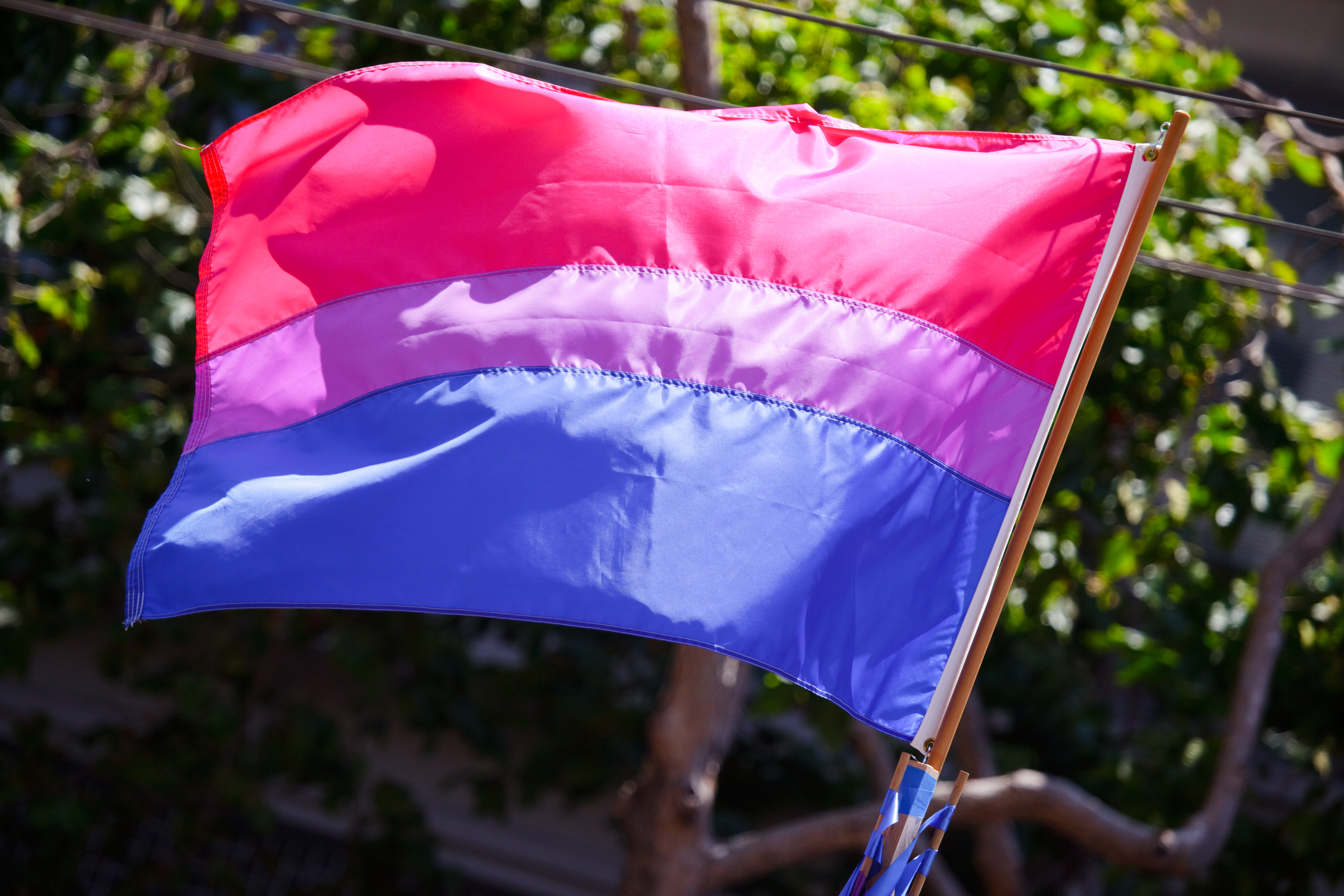News release
From:
Bisexual adults report poorer physical and mental health outcomes compared to any other sexuality
Self-reported data from lesbian, gay or bisexual (LGB) patients shows these groups have poorer health outcomes compared to those who identify as heterosexual, but bisexual people disproportionally experience the worst outcomes in England.
These new findings, published today in the peer-reviewed journal The Journal of Sex Research, indicate that bisexual people face additional health disparities within an already marginalised community.
Experts, from the Brighton and Sussex Medical School and Anglia Ruskin University who led the analysis of more than 835,000 adults in England, suggests the disparities could result from unique prejudice and discrimination that can come from both mainstream society and LGBTQ+ communities.
“Minority stress could put bisexual individuals at increased risk of psychological problems and negative behaviours – and ultimately at greater risk of poorer health outcomes,” explains lead author Professor Carrie Llewellyn, Head of the Department of Primary Care & Public Health at Brighton and Sussex Medical School.
“Our results suggest that there is a greater prevalence of long-standing physical health conditions amongst people identifying as LGB. Furthermore, nearly all LGB individuals across all gender responses in the survey felt less confident in managing their own health.”
Llewellyn, a Professor of Applied Behavioural Medicine a behavioural scientist and a Chartered Psychologist, adds: “While it is well-established that persistent health disparities exist among LGB patients, very little is known about the specific experiences of bisexual people.
“Our study goes some way to addressing this gap – finding that bisexual people, especially women, have the worst experiences in healthcare and the worst health outcomes of any sexuality.”
The team’s study used data from 836,312 adults – including 23,834 people who identified as LGB or ‘other’ – from Ipsos MORI’s 2015/16 English General Practice Patient Survey (GPPS), which collects health data from approximately 1% of the adult English population each year.
They compared the health outcomes of people identifying as LBG with heterosexual groups through their self-reported quality of life, physical and mental health, and confidence in managing their own health. After adjusting the data to account for age, ethnic group, working status and socioeconomic status, they found that:
- Long-term physical and mental health problems were more than twice as likely to be reported for people within LGB groups compared to heterosexual groups – except for bisexual women where the odds were more than four times greater.
- Bisexual women reported to be half as likely to be living without a long-term health condition.
- LGB groups across the genders felt less confident in managing their own health and experienced significantly worse quality of life compared to heterosexuals.
“It is important to recognise that interventions addressed to the LGB population as a whole may neglect the needs of subgroups further marginalised within this community, such as bisexual people,” adds Professor Carrie Llewellyn.
“A better understanding of the different spectrum of health needs across LGBTQ+ subpopulations is required to provide adequate and equitable healthcare services for all.
“Modification of healthcare settings to increase perceived accessibility and providing services that better meet these specific health needs are essential.”
This cross-sectional dataset had a population sampled from 99% of the adult population in England, which is a key strength of this study. However, it cannot separate marginalised sexual orientations who are cisgender, transgender and non-binary due to limitations with the survey design at the time of data collection (2015/16). It also relies on the self-reporting of health conditions by patients, which may not be clinically diagnosed or accurate.
About Taylor & Francis
Taylor & Francis supports diverse communities of experts, researchers and knowledge makers around the world to accelerate and maximize the impact of their work. We are a leader in our field, publish across all disciplines and have one of the largest Humanities and Social Sciences portfolios. Our expertise, built on an academic publishing heritage of over 200 years, advances trusted knowledge that fosters human progress.
Our 2650 people, based in a global network of offices in 17 countries, use their skills and the latest technology to curate, validate and share impactful advanced, emergent and applied knowledge. Under the Taylor & Francis, Routledge and F1000 imprints we publish 2700 journals, 8000 new books each year and partner with more than 700 scholarly societies.
Taylor & Francis is proud to be a Global Certified Accessible™ publisher and to have achieved CarbonNeutral® certification for our operations and print publications in accordance with The CarbonNeutral Protocol.



 International
International



